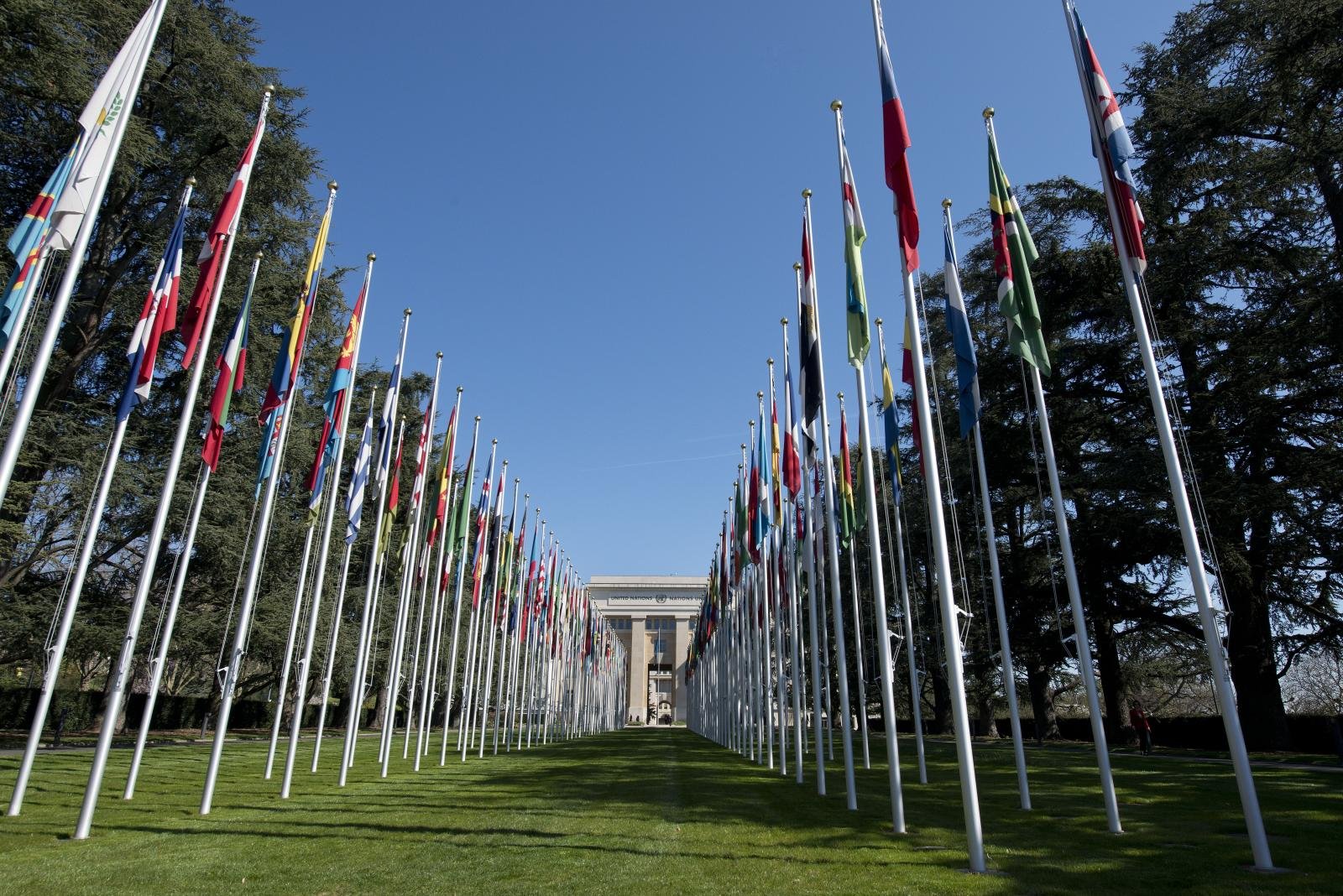The UN Working Group on Arbitrary Detentions (WGAD) considers that the preventative prison of Quim Forn, Raül Romeva, Josep Rull and Dolors Bassa is "arbitrary", following the same criteria expressed in the case of Junqueras, Sànchez and Cuixart.
According to the report, the group is asking the Spanish government to take the necessary measures to remedy the situation of the prisoners "without delay", and to liberate them "immediately". In addition, it also demands their "effective" right to a financial compensation and other kinds of reparation, and requests that all appropriate measures are taken "against the parties responsible of the violations of their rights".
This is the second report issued by the WGAD on the Catalan leaders political prisoners: in May, a report was issued asking for the liberation of vicepresident Oriol Junqueras, Òmnium's president Jordi Cuixart, and JxCat MP & Catalan National Assembly's (ANC) former president Jordi Sànchez.
According to the group, the detention of Forn, Rull, Romeva and Bassa was "due to the exercise of their rights of freedom of conscience, opinion, expression, association, meeting and political opinion" in contravention of both the Universal Declaration of Human Rights and of the Convention. In addition, they also conclude that their presumption of innocence has been breached.
The report states that, from the very beginning of the criminal proceedings, the detention of the named prisoners "becomes unlikely if it is analysed within the convulsive political context in which the accusation was presented".
In addition, the group questions the charges that have been pressed against the accused and considers that the actions of Forn, Rull, Romeva and Bassa before or after the 20th and 21st of September of 2017 "were neither violent or seeking to incite violence".
The experts point out that the element of violence is "essential" for the criminal qualification of crimes of sedition and rebellion, confirming that contrary to the latter, their conduct consisted of the "peaceful exercise of rights and freedoms" protected by international laws. On the other hand, the group affirms that "it has not been convinced" on other behaviours indented for the organization of the 1-O that could be considered "criminal".
Thus, the "non-existence of the element of violence" and other "forbidden" behaviors produces the UN group's "conviction" that both, the criminal charges and the trial, "are intended to coerce them for their opinions and political expressions regarding independence".
They also mention that Forn offered to give up his political role to try to be released and that Bassa returned her certificate of election, and conclude in this regard, that in the case of the four prisoners the intention has been "to inhibit them from pursuing this end by political means ".
The argument, written by the experts while the Catalan trial was still ongoing, also charges against the fact that the cause is not being judged in Catalonia. The territorial, personal and material jurisdiction to which it was supposed to have investigated the facts, experts say, was that of the courts of Catalonia "given that the crimes were allegedly committed in the territory of Catalonia, by Catalan government civil servants and parliamentarians ".
In the 17 page text, the arguments of the WGAD's members also include some elements which it had already referred to in its conclusions on Junqueras, Sánchez and Cuixart. For instance, they mention the resolution of the Schleswig Holstein court in the case of the European arrest warrant against Carles Puigdemont and the statements of the then deputy PM of the Spanish government, Soraya Sáenz de Santamaría, talking about "decapitating" the independence movement.

